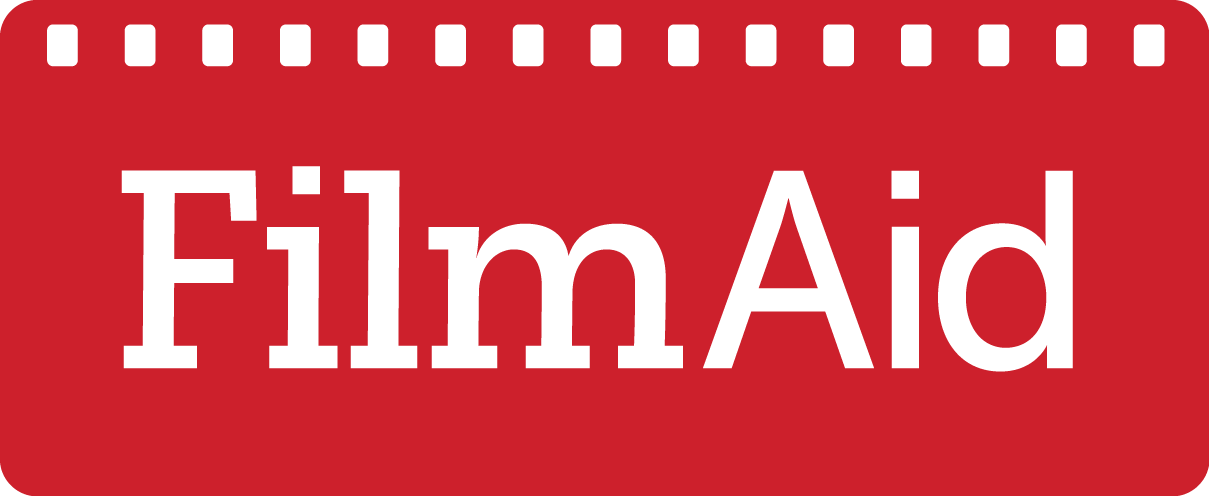This week, as part of our SandBox blog series, we are going to be talking to one of the producers of the show.
Njoki Mbuthia, a Kenyan filmmaker and Senior Producer at FilmAid, sat down to talk with us about her role as a producer for FilmAid’s SandBox, our unique drama series that explores the lives of refugees in the world’s largest refugee camp, Dadaab. SandBox addresses a number of issues affecting the communities living in the Dadaab, like early marriage, gender violence and conflict resolution, among other issues.
Generally, producers have overall control on every aspect of a film's production, bringing together and approving the selection of the whole production team. Their primary responsibility is to foster an environment in which the creative talents of the cast and crew can flourish - producers are therefore ultimately accountable for the success of the finished film.
“I have been a writer for as long as I can remember,” says Njoki when asked. She used to write stories when she was young; her classmates would read them and always ask for her to write more. Njoki has been in the film industry from as far back as college, where she was a news editor and producer. She has also worked as a floor manager and a production intern at the Kenya Broadcast Cooperation (KBC). Throughout her stay at KCB, she shadowed directors. She later joined Good News Production where she caught a break as a director when they needed a director for a feature film, “Unseen Unsung Unforgotten”, and she rose to the challenge.
What is it like to work as a producer?
“Producing is very challenging, and that is what I enjoy about it. In the film industry, the producer usually writes a proposal and chooses which script should go into play when the script is not predetermined. He/she also looks for funds by pitching the story or script to potential donors/investors. He /she also ensures that the production goes according to schedule. A producer ensures that the script is properly aligned with the theme of the production. Pre-Production is preparation of the venue, the actors, the location and the days of shooting, among other details. Production is the filming process or shooting of the film. Post-Production includes video editing and sound editing.
How was it working as a Producer for SandBox?
“I chose to produce for SandBox because it was an opportunity to challenge myself and share my experience with the professional team on board as well as the Filmmaker Training Program students, whom I believe are upcoming professionals.”
“What is most exciting about the series is that it is authentically from Dadaab, the actors are from Dadaab, most of the crew is from Dadaab. Some parts are even shot in local dialect, like Somali and Gambela. The students and our staff on the ground have had a great opportunity to learn from the industry professionals we contracted.“
Stay tuned for SandBox #3 episode of our blog and check us out on Twitter, Facebook, and Instagram to stay in touch for #SandBox updates.
If you’re also interested in learning about more refugee stories straight from Dadaab, check out our Dadaab Stories interactive website, bringing the power of refugees’ voices directly to your computer.
And as always, if you’d like to support FilmAid’s training and empowerment of local filmmakers, producers, writers, and actors, click here to find out how you can help.


